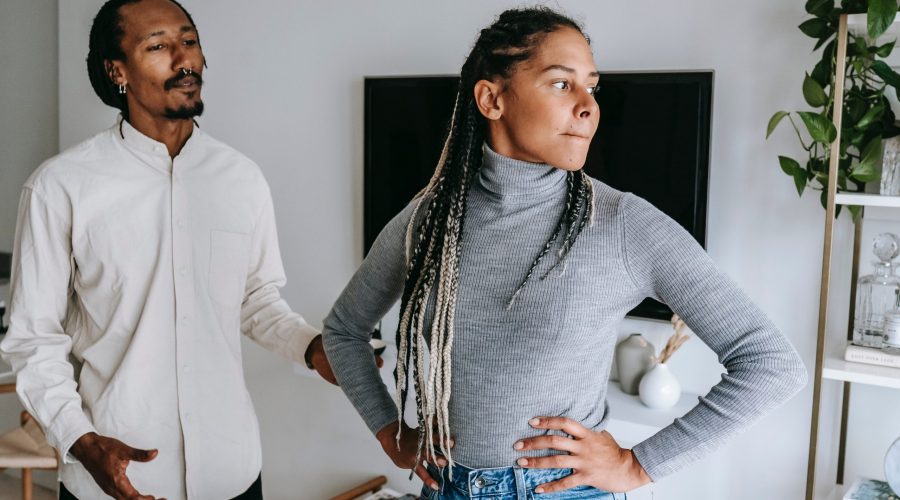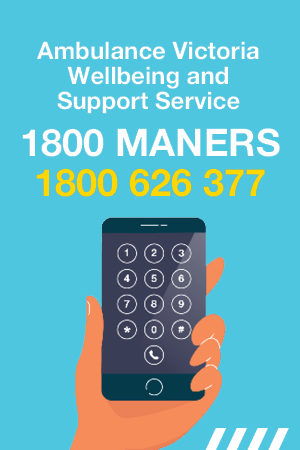We often notice changes in our loved ones before they do. Sometimes our loved ones aren’t ready or able to acknowledge that they are not coping.

There are many different reasons why someone who needs help may not want or accept it. It can be particularly difficult for emergency services workers, who are used to being in the ‘helper’ role, to admit that they need help.
Barriers to help-seeking can include:
- Self-stigma and shame around mental health issues
- Fear of judgment & discrimination
- Denial of the problem or thinking it is not serious enough
- Trying to manage it on their own
- Negative past experiences with mental health professionals
- Belief that a mental health professional can’t help them
- Lack of awareness or understanding of their own mental health
It can be frustrating and scary to watch your loved one struggling. But there are things you can do to show your support.
Don’t force it
As difficult as it can be, try to be patient with your loved one. Resist the urge to ‘fix’ it. Often our loved ones just want us to listen, rather than offer solutions. Stay open and approachable and try not to force the conversation. Pushing too hard due to your own anxiety or impatience may cause them to become defensive and withdraw further. Someone seeking help because they feel guilty or obligated to is less likely to achieve good outcomes, and it could damage your relationship.
Meet them where they’re at
You may have many great ideas about what will make your loved one feel better, but they might not be ready to hear them. It’s important to recognise where your loved one is at, not where you want them to be, when it comes to their willingness to seek support. Acceptance of their current situation is not the same thing as giving up. It can help reduce their sense of shame and self-judgement and might mean they are more open to receiving help further down the track.
Be informed
Use this time to learn more about mental health and available support. This can help alleviate your own anxiety, and make you feel more empowered. Visit websites such as Beyond Blue, Phoenix Australia and Sane Australia, to read up on common signs and symptoms. Find out where to get support through resources such as the Australian Psychological Society’s ‘Find a Psychologist’ or The Royal Australian and New Zealand College of Psychiatrist’s ‘Find a Psychiatrist’. That way, when they’re ready, you’ll be ready.
Collaborate
See if you can find some middle ground together. Discuss both of your wants and needs and try to find common goals you can agree on. Are there some things they would be willing to do if you tackle them together? For example, if you think medication could be beneficial, but they are hesitant due to potential side effects, could you go to the GP together to ask questions and discuss any concerns? Maybe they do not want to discuss their mental health at all right now. What could you both agree to talk about, or do together instead? Can you agree on a timeframe to revisit the conversation? Remember, even if you are not actively addressing the problem, your relationship can still be an invaluable source of love, comfort, and support.
Look after yourself
This is a stressful situation, and one you don’t need to shoulder alone. It is hard to be open and supportive when you are worried and frustrated. It might feel like there is not enough space in the relationship for two people’s problems, and your needs keep getting put on the backburner. Taking care of your own mental wellbeing can make it easier to support your loved with theirs. If you are struggling, we are here to help.

